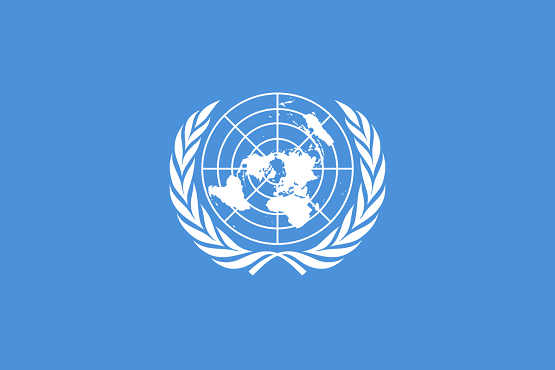The Human Rights Committee formally adopted General Comment no. 36 on article 6 of the International Covenant on Civil and Political Rights on the right to life and tells countries that they must provide abortion.
The General Comment, as reported by the Office of the High Commissioner on Human Rights, sends “a strong message against the narrow legal interpretation of the right to life, as was appropriate in a globalized world, and it underscored the right to life with dignity.”
What is labeled as a “narrow legal interpretation of the right to life” is actually a broad and universally accepted view that human beings have a right to life which begins at conception and ends at natural death. It is based on belief in innate human dignity that does not depend on cultural or social trends and has helped shape laws and policies to preserve and protect human beings from abortion and euthanasia.
Article 6 begins by acknowledging: “Every human being has the inherent right to life. This right shall be protected by law. No one shall be arbitrarily deprived of his life.” However the Human Rights Committee in General Comment no. 36, attempts to change this.
While the General Comment acknowledges that States may regulate abortion, it repeats the extreme pro-abortion argument that pregnancy can be a ‘form of punishment’ that violates a woman’s right to life:
“Although States parties may adopt measures designed to regulate terminations of pregnancy, such measures must not result in violation of the right to life of a pregnant woman or her other rights under the Covenant, including the prohibition against cruel, inhuman and degrading treatment or punishment.”
States are told that they must provide access to abortion: “States parties must provide safe access to abortion to protect the life and health of pregnant women, and in situations in which carrying a pregnancy to term would cause the woman substantial pain or suffering, most notably where the pregnancy is the result of rape or incest or when the foetus suffers from fatal impairment.”
Click here to sign up for pro-life news alerts from LifeNews.com
States are told that they cannot “introduce humiliating or unreasonably burdensome requirements on women seeking to undergo abortion”; informed consent and waiting periods are considered to be ‘burdensome’.
On March 28, The Office of the High Commissioner on Human Rights reported on the Committee’s debate over “terminations of pregnancy” — abortion — in paragraph 9 which demonstrates the Committee’s adherence to the pro-abortion ideology:
“Committee Experts stressed the need for focusing on the up-to-date jurisprudence of the Committee when considering abortion. It would be important to include a reference to conscientious objection and stigmatization of women and girls who underwent abortion as barriers to exercising their right to abortion. Committee Experts supported the proposal to include in the paragraph a reference to ‘legal abortion,’ but disagreed on the definition of the term ‘adolescents’.”
The abortion paragraph is followed by one that addresses suicide and euthanasia. The General Comment cautions against suicide: States “should recognize that individuals planning or attempting to commit suicide may be doing so because they are undergoing a momentary crisis which may affect their ability to make irreversible decisions, such as to terminate their life.”
States are told they “should take adequate measures, without violating their other Covenant obligations, to prevent suicides, especially among individuals in particularly vulnerable situations.”
However, in regards to euthanasia, the GC is in favor of actions to “facilitate the termination of life” by medical professionals of “afflicted adults, such as the mortally wounded or terminally ill, who experience severe physical or mental pain and suffering and wish to die with dignity.”
LifeNews.com Note: Marie Smith is the director of the Parliamentary Network for Critical Issues.








